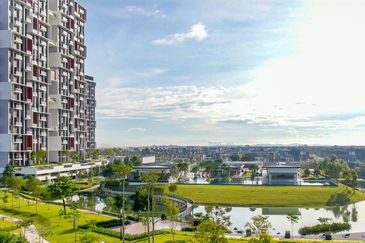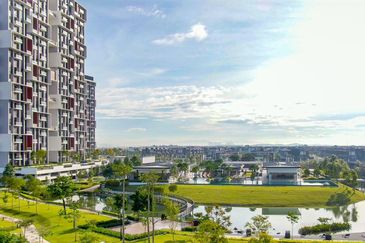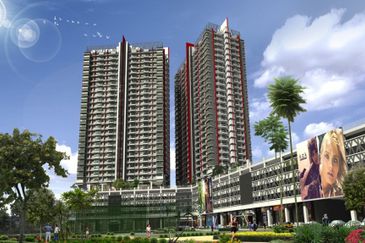
PETALING JAYA (June 30): Malaysia Rail Link Sdn Bhd (MRL), the owner of the East Coast Rail Link (ECRL) project, would not have signed the papers for the project out of its own volition, sources told The Star.
This was revealed by MRL’s representatives who spoke to the Council of Eminent Persons who found the contract quite unfavourable towards Malaysian interests, said sources.
The lopsided terms, such as the 15% upfront payment of RM10 billion, were said to have embarrassed China’s government officials so much when they were made public that they had even agreed to amend the contract.
However, the project will go on – albeit at a revised cost of RM40 billion from the initial RM66 billion – as the termination of the project will entail an additional RM21 billion.
Cost-cutting measures include scrapping Phases 2 and 3 of the project, halving the number of tunnels to 25 and reviewing the number of depots.
However, there are also proposals to merely defer Phase 2 – which is the rail link from Gombak to Port Klang costing RM9 billion – and eventually award it to local contractors via open tender, but they are currently still being studied as the main objective of the reviews on mega-projects are to contain the growth of the RM1 trillion national debt.
Other proposals related to the project include China setting up a rail school to transfer knowledge and increasing the participation of local contractors, from the current 30% to 45%, something the Chinese contractors were in agreement with.
Local contractors would be able to undertake all civil, tracking, and some system works, said sources.
The Chinese authorities have agreed in principle to the arrangement as the ECRL is being built on Malaysian soil and it would also give more stability to the project as it gets rid of foreign exchange risks.
TOP PICKS BY EDGEPROP

Chimes @ Bandar Rimbayu
Telok Panglima Garang, Selangor

Broadleaf Residences, Hometree
Kota Kemuning, Selangor

Cheria Residences, Tropicana Aman
Telok Panglima Garang, Selangor

The Parque Residence @ Eco Santuary
Telok Panglima Garang, Selangor

The Parque Residence @ Eco Santuary
Telok Panglima Garang, Selangor




















